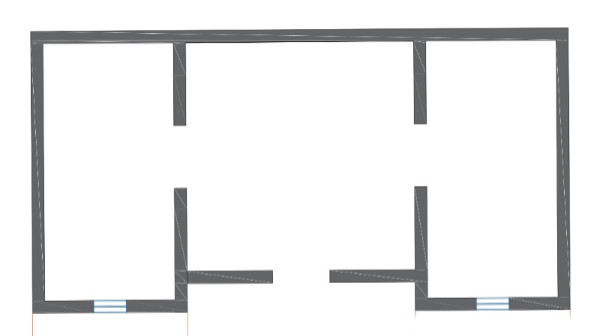Entry Fees : Rs. 20/- per Indian Visitor.
Rs. 400/- per Foreigner.
Camera Charges - Rs 100/- per Camera

Korku houses built in two rows facing each other and their Otla (platform) decorated with geru, chalk and yellow clay, gives special identity to a Korku Dhana. On the night of Diwali, the women of the Thatya i.e. Gwale (cow keeper) family make auspicious pictures called ‘Gudniyan’ with red clay and chalk on the wall of the Korku house. The Thatya men go from house to house and dance throughout the night playing Bhugadu i.e. a long flute.
Korku women are fond of tattoo. The two dots above and below the letter S on the forehead is called ‘Kapar-Godai’. Dots are also tattooed on the chin, cheeks and nose. Chowk on the hand, Rani Godai etc. shapes are tattooed. Dots in tribal tattoo designs often represent food or fire. Here tattoos are also a decoration of the body, its a ways to make it disease-free and strong as well, and it can also be understood as a sign of their concern that there should always be food in the house.
The Korku community treats their dead as ancestors and deities. There is a practice of making wooden dead pillars, which are called Mundas. The ritual of making Mundas and applying it is called Sidoli. This ritual, which lasts for three to four days, is performed in the month of ‘Pausha’. This is a fixed day, usually a Monday. The family members tie Molly on a full-green teak tree in the forest by taking the name of their ancestors Soma-Doma.
The tree is cut to make Munda only after the puja. The Munda or dead pillar is established for one or more deceased members of the family. Apart from the moon-sun, horseman, a human figure with open hands, the favorite things of the deceased are marked on the Munda. Sidoli is the ritual of invoking the ancestors. It is believed that after this ritual, those ancestors come and reside in 'Munda'.
In some Korku areas where Mundas are not made, after the burial of the deceased, a small round stone bearing the name of the deceased is placed at the place of 'Muthua Dev'. Korku believes that Mahadev and Parvati had taught him to build a house, preparing food and also gave him yarn etc. and had also given Muthua Baba's place to save him from illness and troubles before leaving for their abode.

The house has three parts – 'Tala Osari' at the front, 'Manjota' in the middle and 'Tala Ura' at the back. Manjota is divided into two parts- Baranda or Dana Kholi is actually a windowless room for keeping grains, which can be entered only from the back of a kitchen. In the second part of the manjota, there is a small platform for the deity of the house. This room is also used as bedroom. All the auspicious work of the house is completed here only. In the back part of the house Ura i.e., 'iptin' or ‘chulha-chulhi’ (stove) is made in the left corner and there is a room on the right side, in which all the tools, clothes etc. are kept. In the rooms, there are ‘boklas’ or niches, patiye (pallets) or barkes, almirahs with shelves etc., on which carvings are also seen. The house can also be two floors. The walls are usually made of mud and the Kavelu of the house is also made by the family itself.

Shankar, Anokhilal, Vinod, Dadulal, Sita Korku, Kaushalya, Lalita Bai.
Region – Harda